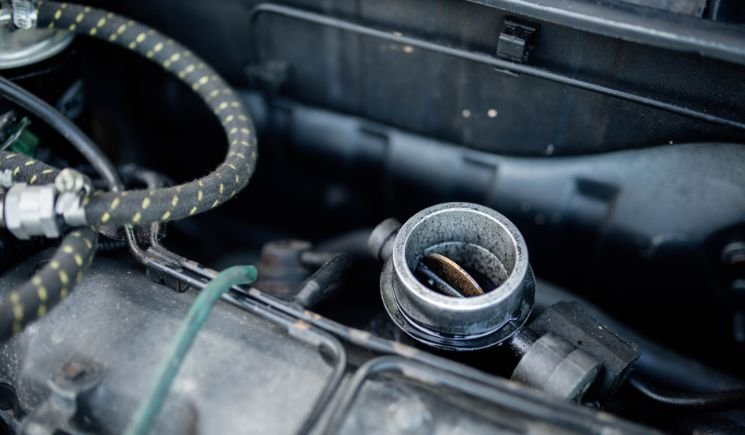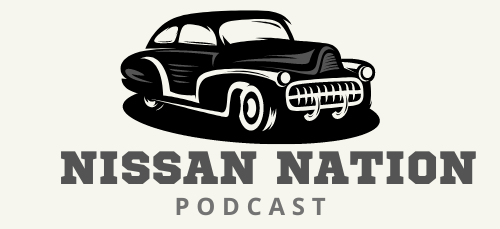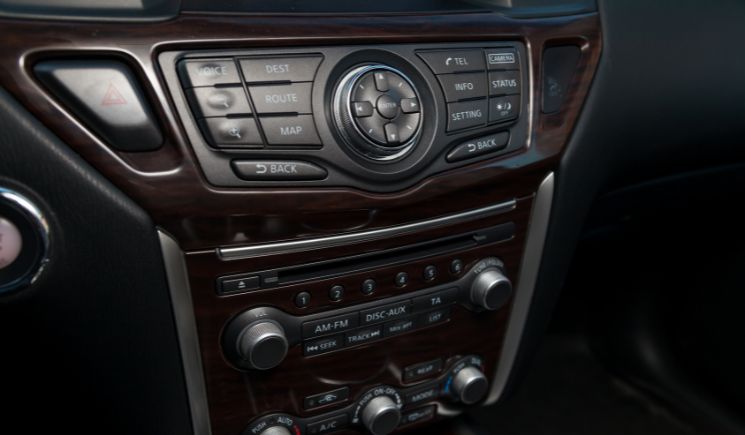Throttle Controller Pros And Cons: Let’s Find Out The Areas You Didn’t Know

A throttle controller is an aftermarket device that can be installed on a vehicle to have a modification in the throttle response. Many manufacturers claim that adding a throttle controller can improve the throttle response and overall vehicle performance. But are these claims really true?
In this article, we’ll take an in-depth look at throttle controllers by examining both the potential benefits and drawbacks of using one.
We’ll discuss how throttle controllers work to alter throttle input signals. We’ll also explore some of the less-touted aspects of throttle controllers, including effects on fuel efficiency and emissions. By the end of this article, you’ll have a balanced understanding of throttle controller pros and cons.
You’ll know better whether adding one of these devices is likely to improve your particular vehicle’s performance in the ways that matter most to you. So if you’ve been wondering whether a throttle controller is right for your vehicle, read on to get the full picture!
Table of Contents
Benefits Of Using A Throttle Controller
Improved throttle response
- Throttle controllers can help to eliminate the throttle lag by modifying the electronic signals that are sent from the accelerator pedal to the engine.
- This can make the engine to respond more quickly when pressing down on the gas pedal, especially from a standstill.
Better acceleration
- The improved throttle response from a controller can change into faster acceleration by allowing you to reach higher speeds more quickly.
- This enhanced acceleration can be most noticeable when merging onto highways or overtaking other vehicles.
Increased power feeling
- Many drivers report a heightened feeling of power and torque when using a throttle controller.
- This is because the instantaneous throttle response gives the sensation that the engine is producing more power than it actually is.
Rev-matching enabled
- Some advanced throttle controllers have features that allows the drivers to better match the engine revs when downshifting for smoother deceleration.
- This can helps to prevent jerky downshifts.
Adjustability
- Drivers can tweak and adjust the sensitivity settings on a throttle controller to find the optimal responsiveness for their particular vehicle and driving style.
- The ability to customize the performance can be beneficial most of the time.
Potential gas mileage savings
- While not universally true, some users notice slightly improved fuel efficiency after installing a throttle controller.
- Less throttle lag can trun into less gas usage in certain scenarios.
Engine safeguards
- Many throttle controllers have built-in safeguards to prevent over-revving the engine or exceeding RPM limits.
- This can helps to protect the engine from damage.
Durability
- Modern electronic throttle controllers are generally made to be durable and withstand under-hood temperatures.
- This allows the engine to last for the long haul once installed properly.
Resale value
- Vehicles with throttle controllers installed may command a slightly higher resale price rather than unmodified vehicles.
- This is because enthusiasts may specifically seek out vehicles augmented with controllers.
Drawbacks Of Using A Throttle Controller
Inconsistent pedal feel
- Throttle controllers can cause the pedal to feel less smooth and linear in its response.
- There may be a disconnect between pedal position and engine response, which some drivers may not like.
Overly sensitive throttle
- An overly aggressive throttle controller setting can cause the engine to feel too touchy or jittery.
- Controlling smooth acceleration or maintaining a steady speed may be more challenging when this issue arises.
Potentially reduced fuel economy
- Although some users see mpg gains, others experience worse gas mileage with a controller installed.
- This is because the aggressive throttle response can lead to more wasted fuel in specific scenarios.
Increased emissions
- If the accelerator pumps aggressively, the throttle can cause a slight increase in emissions like hydrocarbons or NOx in some vehicles, depending on the controller.
Check engine lights
- Improperly tuned or faulty throttle controllers may cause check engine lights to illuminate due to incorrect signal values to the ECU.
- Professional tuning is ideal to overcome this issue.
Electrical hazards
- Poor quality controllers may have inadequate circuit protection by creating an electrical fire or sensor damage risks.
- Proper installation is a must to troubleshoot this issue.
Driveability issues
- Overly aggressive controllers combined with too much pedal sensitivity can make the vehicle difficult to drive smoothly, especially at low speeds.
- Drivability may have issues in the long run.
Strain on components
- The increased acceleration and engine speeds enabled by a throttle controller can place added wear and tear on components like transmissions, differentials, etc.
- This can impact long-term reliability if not had an inspection by a mechanic.
Voided engine warranty
- Installing an aftermarket controller may void powertrain or emissions related to warranties from the manufacturer.
- This risk must have a consideration before going for a throttle controller replacement.
Resale challenges
- Some buyers may need more time to purchase a used car with a throttle controller installed due to uncertainty about its effects in the long term or proper tuning.
DIY installation concerns
- Improper do-it-yourself installations of a throttle controller could lead to problems like a loose device or damaged sensors if not done correctly.
- Professional installation is ideal to avoid further issues.
Frequently Asked Questions About The Throttle Controller Pros And Cons
Q: Do throttle controllers really increase the horsepower?
A: Throttle controllers does not directly increase the horsepower. They makes the engine more responsive by decreasing the throttle lag. This gives the sensation of added power, but it does not alter the actual engine horsepower.
Q: Can a throttle controller damage my engine?
A: Properly installed high-quality throttle controllers will not damage engines when used as intended. However, extremely aggressive settings can stress the engine components over time in certain cars. Appropriate use and tuning is essential to avoid this issue.
Q: Can I adjust or remove a throttle controller?
A: One of the benefits of installing a throttle controller is that it can be adjusted, returned, or uninstalled completely to revert a vehicle back to stock throttle response. No permanent modifications are onboard.
Q: Will a throttle controller void my car’s factory warranty?
A: Installing an aftermarket throttle controller has the potential to void engine control modules or emissions-related warranties. Therefore, check your warranty details before installing one.
Q: Do I need any additional mods to run a throttle controller?
A: No other engine or drivetrain mods are required to use a throttle controller safely. But some people combine controllers with intakes, exhausts, or engine tunes.
Q: Will a throttle controller work on diesel engines?
A: Most throttle controllers are designed for gasoline engines only. There are some diesel-specific throttle controllers available, but compatibility may varies by the vehicle model.






